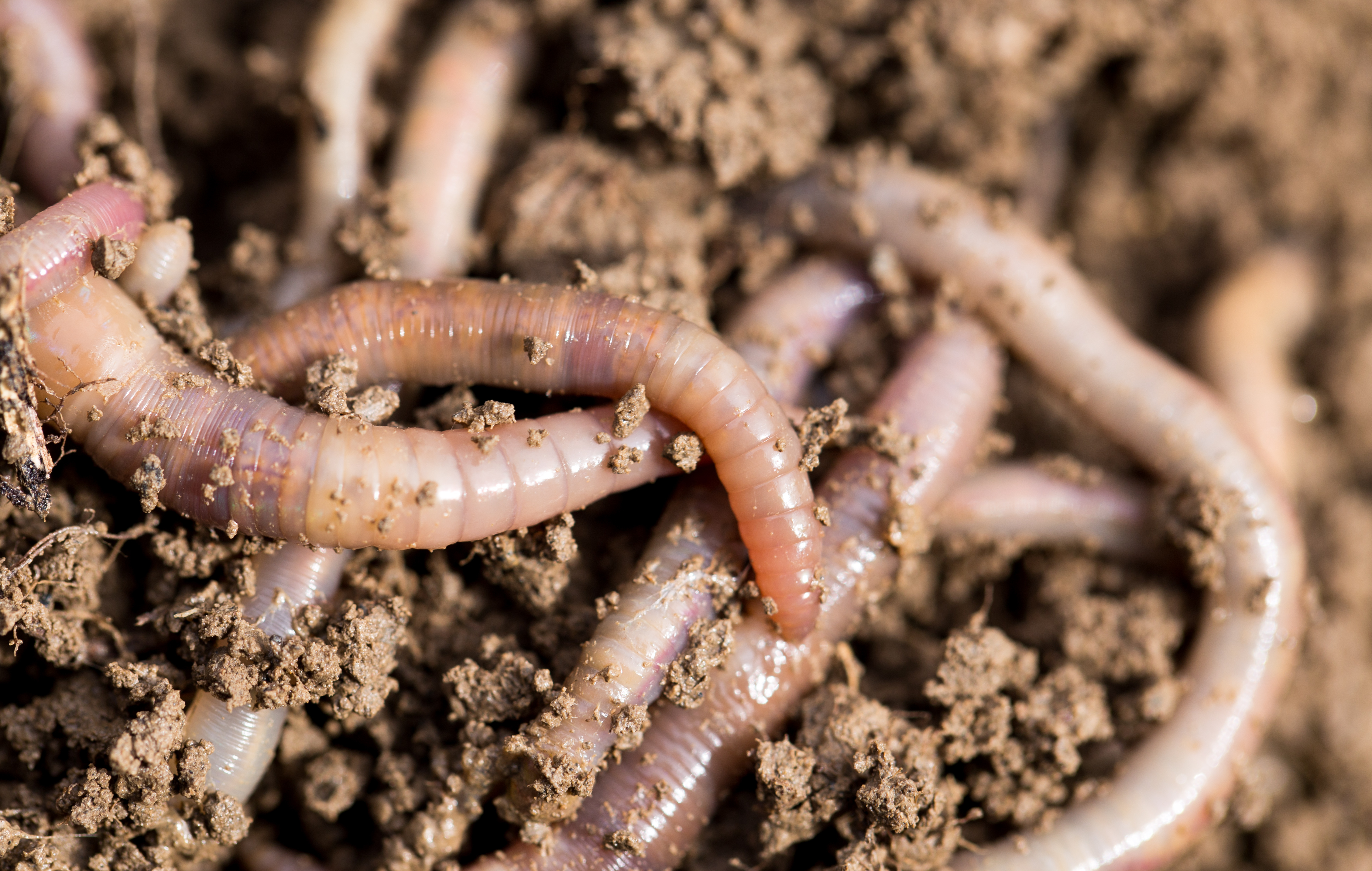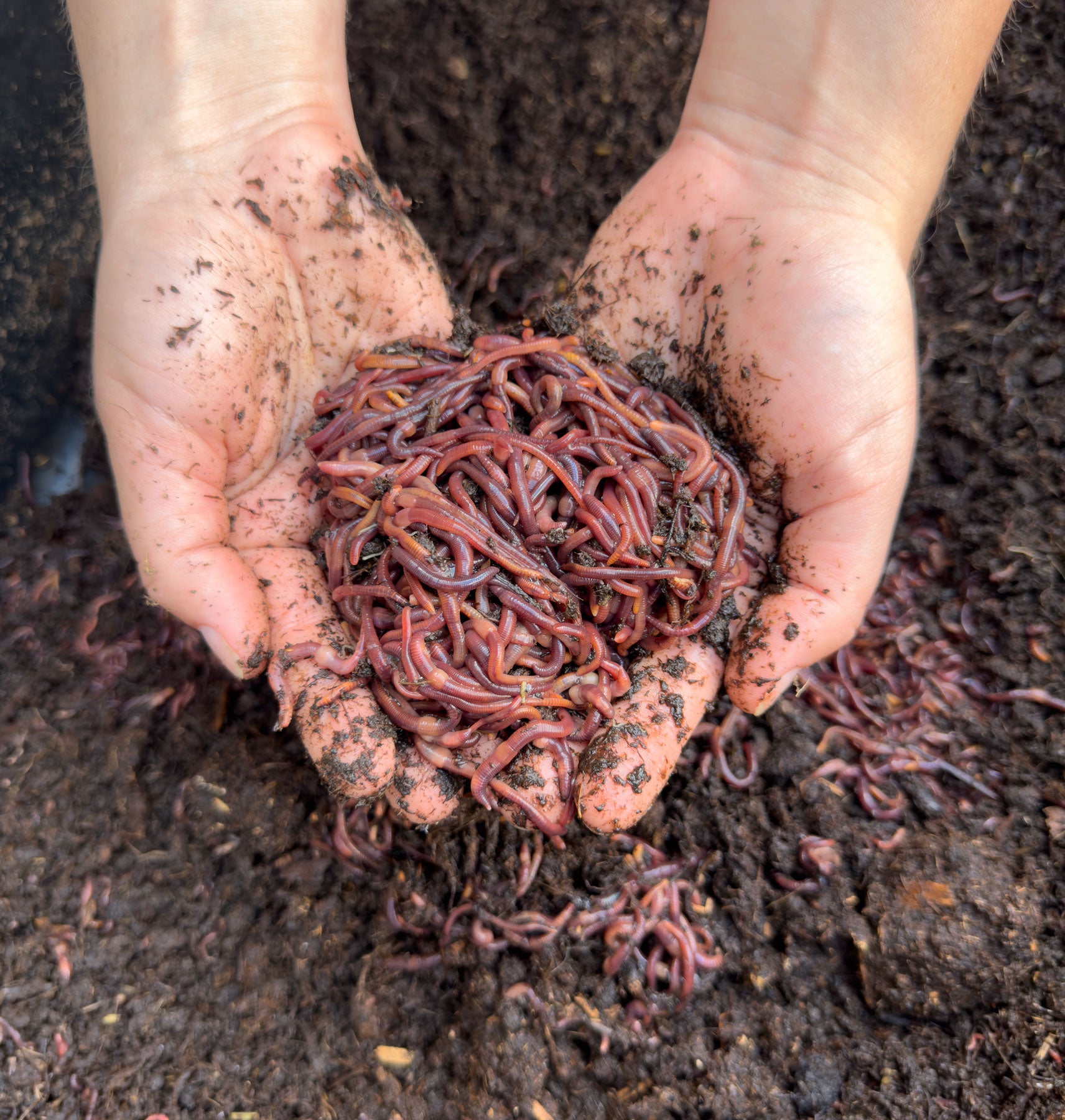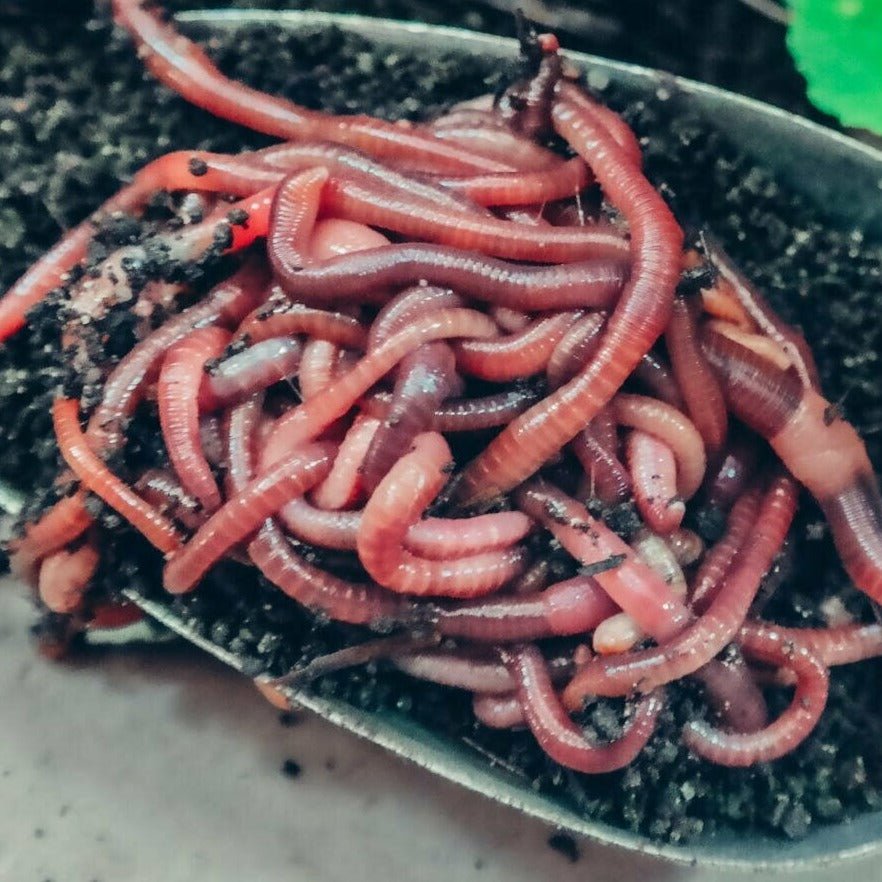Red Wiggler Worms - Essential for Healthy and Efficient Gardens
Red Wiggler Worms - Essential for Healthy and Efficient Gardens
Blog Article
Red Wiggler Worms Demystified: Unlocking the Secrets of Vermiculture for Greener Living and Nutrient-Rich Dirt
In the realm of sustainable methods for improving soil quality and advertising eco-conscious living, red wiggler worms play a crucial yet usually neglected function. These simple creatures possess the amazing ability to transform organic waste into nutrient-rich castings that act as a potent natural plant food. By diving right into the globe of vermiculture, one can discover a myriad of benefits that prolong far past traditional composting approaches. Understanding the details of taking care of these worms, optimizing their setting, and harnessing their castings can result in a greener lifestyle and healthier soil for plants to prosper.
The Function of Red Wiggler Worms
Red Wiggler worms play an essential role in composting systems by effectively damaging down raw material into nutrient-rich spreadings. These ravenous eaters eat a variety of natural materials, such as cooking area scraps, lawn waste, and paper products. As they feed, the worms' digestion processes damage down the natural matter into a penalty, dark, and nutrient-dense product referred to as worm spreadings or vermicompost.
The spreadings produced by Red Wiggler worms are highly useful for dirt wellness and plant growth. They are rich in necessary nutrients like nitrogen, potassium, and phosphorus, which are crucial for sustaining healthy and balanced plant advancement. In addition, worm spreadings contain advantageous microbes and enzymes that help boost soil structure, rise water retention, and boost nutrient uptake by plants.
Advantages of Vermicomposting

Additionally, vermicompost, the nutrient-rich final product of vermicomposting, works as an exceptional organic fertilizer and soil conditioner. It boosts dirt framework, enhances dirt aeration, and boosts dirt wetness retention. These residential properties add to healthier plants with stronger root systems and better resistance to illness and pests. Vermicompost likewise enhances the soil with essential nutrients like potassium, nitrogen, and phosphorus, advertising plant development and total dirt fertility.
Additionally, vermicomposting supports lasting horticulture techniques by providing a chemical-free and natural alternative to artificial fertilizers. Red Wiggler Worms. This eco friendly approach not just enriches the dirt yet likewise helps in reducing dependence on hazardous chemicals, promoting a greener and much more lasting way of gardening
Establishing a Worm Container
When developing a worm bin for vermicomposting, correct arrangement is crucial to ensure the success of the composting procedure. The very first step in setting up a worm bin is picking an ideal container.
After adding the bed linen, present the red wiggler worms to the bin. It is recommended to start with a small number of worms and progressively increase as they increase. The worms need to then be given with food scraps such as vegetables and fruit peels, coffee grounds, and eggshells. It is essential to stay clear of including meat, milk, oily, or salted foods to stop bring in insects and developing undesirable odors.
Routinely monitor the wetness levels and temperature in the worm container to ensure optimal problems for the worms. With correct configuration and maintenance, the worm container will successfully convert organic waste into nutrient-rich garden compost for your plants and garden.
Gathering Worm Spreadings
To effectively accumulate nutrient-rich worm castings from your vermicomposting system, an organized harvesting technique is important. There are a few key steps to follow to ensure an effective process when it comes time to collect the worm castings. To start with, quit including fresh food scraps away of the worm container for a number of weeks before gathering. This urges the worms to migrate sideways with fresh read the full info here bed linen and food, making it less complicated to dig the spreadings from the other side.

Troubleshooting Common Issues
Determining and resolving common obstacles that may arise during the vermicomposting procedure is important for preserving a productive and healthy worm bin. Including excess food scraps can lead to an Recommended Reading accumulation of wetness and acidity in the worm container, potentially hurting the worms. An additional problem is unpleasant odors emanating from the worm container.
Additionally, if the worm populace is decreasing or the worms appear unhealthy, it can be as a result of environmental stressors such as severe temperatures or pH degrees. Keeping track of these variables and making required changes is necessary for the wellness of the worms. By troubleshooting these common issues immediately, vermicomposters can make certain a effective and smooth vermicomposting procedure while preserving a flourishing worm population.

Verdict
In final thought, red wiggler worms play an essential role in vermiculture by breaking down organic matter right into nutrient-rich soil. Setting up a worm container is vital for successful vermiculture, and gathering worm castings supplies useful compost for gardening.
As they feed, the worms' digestion procedures break down the organic matter right into a penalty, dark, and nutrient-dense product understood as worm spreadings or vermicompost.
The spreadings generated by Red Wiggler worms are very beneficial for dirt health and wellness and plant development. Including excess food scraps can lead to a build-up of wetness and acidity in the worm container, potentially damaging the worms.In addition, if the worm population is declining or the worms appear undesirable, it could be due to environmental stress factors click for more info such as severe temperatures or pH degrees. Setting up a worm container is vital for successful vermiculture, and collecting worm spreadings gives important compost for gardening.
Report this page